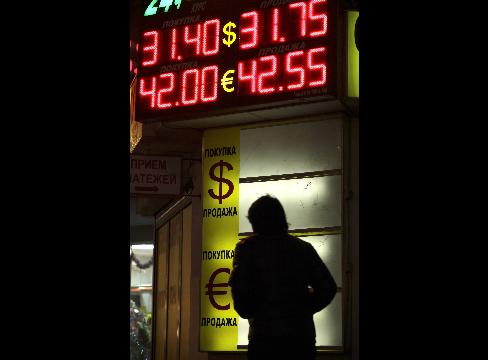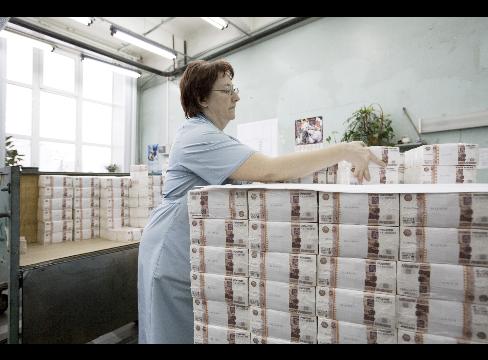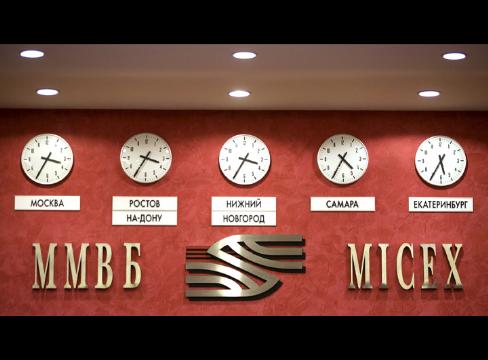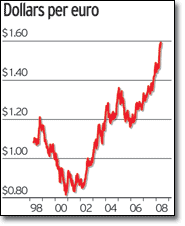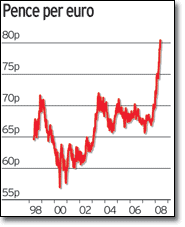A leading Irish economist has called on Dublin to threaten withdrawal from the euro unless Europe’s big powers do more to rescue Ireland’s economy.
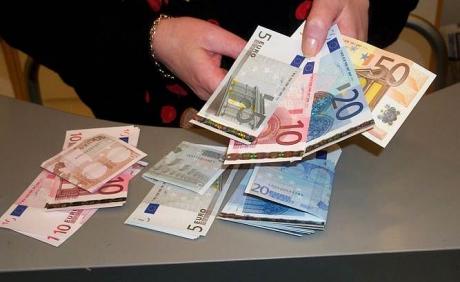
David McWilliams, a former official at the Irish central bank, has said that Ireland could withdraw from the euro if they are not given more help Photo: Rex Features
“This is war: countries have to defend themselves,” said David McWilliams, a former official at the Irish central bank.
“It is essential that we go to Europe and say we have a serious problem. We say, either we default or we pull out of Europe,” he told RTE radio.
“If Ireland continues hurtling down this road, which is close to default, the whole of Europe will be badly affected. The credibility of the euro will be badly affected. Then Spain might default, Italy and Greece,” he said.
Mr McWilliams, a former UBS director and now prominent broadcaster, has broken the ultimate taboo by evoking threats to precipitate an EMU crisis, which would risk a chain reaction across the eurozone’s southern belt, where yield spreads on state bonds are already flashing warning signals. The comments reflect growing bitterness in Dublin over the way the country has been treated after voting against the EU’s Lisbon Treaty.
“If we have a single currency there are obligations and responsibilities on both sides. The idea that Germany and France can just hang us out to dry, as has been the talk in the last couple of days should not be taken lying down,” he said.
